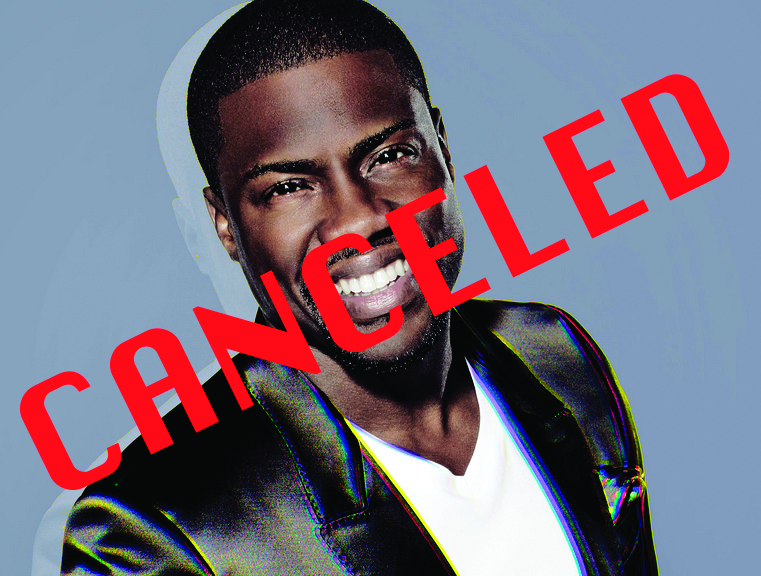It’s time to cancel ‘cancel culture’
Photo Flickr
Kevin Hart steps down as Oscars’ host
If you’re reading this, and you’ve never made a mistake before, you should stop here… Now that you’ve realized you’re human, we can continue.
One of the greatest faults of humanity is that we are all too willing to forgive ourselves and all too reluctant to forgive others. But what gives us the power to decide if one action automatically deems someone a “bad person”? There’s no rulebook that tells us whether that one lie or one comment is worth a permanently tarnished reputation—especially if those actions have been redacted and repented for.
Yet, this is the premise of “cancel culture”—a concept which exists primarily on Twitter, consisting of a sort of electronic contract where people agree to not support a person, especially economically, after they do something considered unacceptable. Over the past few years, many celebrities have been “canceled,” and the numbers keep growing.
Most recently is the cancelation of Kevin Hart, who was supposed to host the Oscars this February. After two tweets from 2009 and 2011 resurfaced in which Hart made homophobic comments, Hart was “canceled”—and ultimately resigned as the Oscars’ host.
To our generation, social media is a platform for conformity, as seen through the picture of an egg on Instagram which garnered over 52 million likes. But cancel culture is not harmless or comical as the egg is—it fosters a mentality of no forgiveness, the idea that one mistake can lead to the downfall of someone’s career, even if he or she apologizes and repents for it.
Much like cancel culture keeps us from valuing forgiveness, it keeps celebrities from being able to apologize. Rather, they are forced to surrender to the label—or, they try to persevere through their cancelation status.
Cancel culture itself is ineffective; being “canceled” does not always harm a celebrity’s status or his or her revenue—in fact, it can boost it. Kanye West was canceled due to his comments in a TMZ interview about how 400 years of slavery “sound like a choice.” But, his album Ye still debuted at the top of the Billboard charts (nytimes.com). Therefore, cancel culture fails to accomplish its basic purpose; it fails to teach the celebrity a “lesson” at all.
Before you sign your name under the Twitter contract condemning a celebrity to cancelation, consider all the things you’ve swept under the rug over the years. Consider all the times you’ve been forgiven. Why are you worthy of a second chance, and these celebrities are not?

